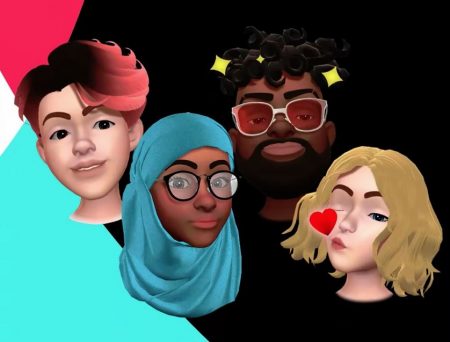On the 13th of December 2023, the Human Rights Commission gets its enforcement powers for new changes, bringing in a positive duty for PCBUs to ensure a workplace free from sexual harassment. What do these changes mean, and why do you need to care?
1. Why am I interested?
I am a consultant in dispute resolution. My passion is creating safe spaces for people to discuss the good, the bad, and the ugly for support, advice, and resolution. Elker, the anonymous reporting platform, enables this conversation using an app and provides the option of anonymity.
2. What is a positive duty, and what is this sudden outbreak of industrial reform?
We have had more workplace changes and legislation in the last two years than in the previous 50. It covers a range of workplace practices. The most far-reaching is the positive duty to remove sexual harassment from the workplace. It is part of a government push to enhance sexual inclusion, close the pay gap, and bring in more support for victims of violence. It is coupled with a new push to extend workplace WHS protections to psychosocial risk. The opportunity is to use this for good – to build culture, to build loyalty, and diversity. The challenge is that ignoring it leaves an organization exposed to risk and liability.
3. Which workplaces are affected by the changes?
You are. A ‘person conducting a business or undertaking’ (PCBU) is a broad term used throughout work health and safety legislation to describe all forms of modern working arrangements, which we commonly refer to as businesses. A person who performs work for a PCBU is considered a worker. This includes volunteers and consultants as well.
There is a reasonableness test built in, so the steps to be taken by a large enterprise with resources will differ from a small enterprise or tech startup.

4. What are some key concepts to be aware of as a leader of people, around these changes?
Think from the reporter out. If you are a leader of people, really think about what it would be like to have to speak up in your organization. Is it clear where you would go? Who would you talk to? Is it well advertised? How will you be greeted? Treated? Supported? Who will know, and will that be clear? This is an important question for every leader to answer. If you cannot, you need to be able to. Ensuring people who speak up are given support, agency, and transparency is key to addressing things early.
Addressing issues early is key to easy resolution. Easy resolution is key to building trust. It is also key to data that allows informed decision-making. This needs to be built in, not built in crisis. Remember, many people who want to speak out have English as a second language or are junior or have a lot to lose. That is who needs to feel comfortable.
Have a framework document. The changes require a comprehensive think about many elements of the workplace. There is much that you will have already done that can be used as a foundation. Having a set of categories as a thinking list is an important tool for discussion and reporting.
5. Top tips in a nutshell:
- Make it simple to report and welcome it.
- Have the program sit with the CEO.
- One-stop shop for all support, advice, and problem-solving.
- Data is King.
6. Where to go for free resources:
I love the Champions of Change coalition report “Disrupting the System: Preventing and Responding to Sexual Harassment in the Workplace.” It is a resource beyond the norm.
Chat to a colleague, the board and other start up founders to ask what they are doing that is innovative around the change. It is a great area for thought leadership.
“Diversity is being invited to the party; inclusion is being asked to dance.” – Verna Myers (Netflix as Vice President of Inclusion Strategy)













